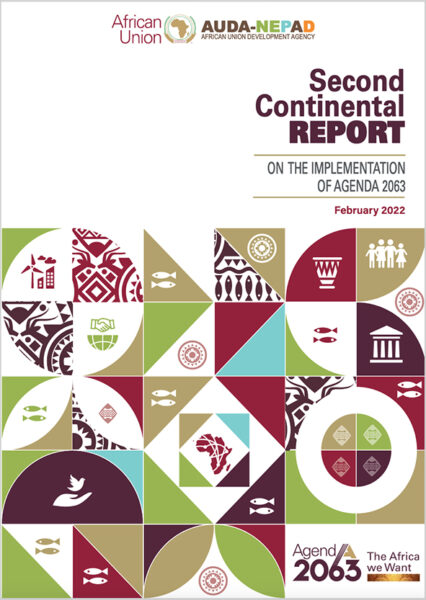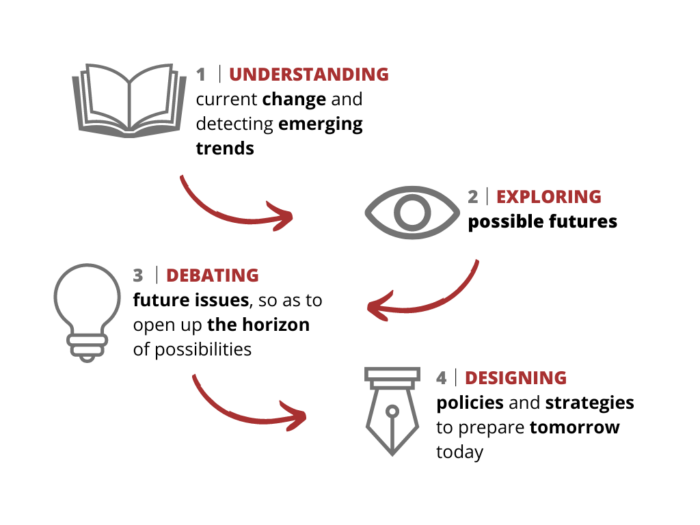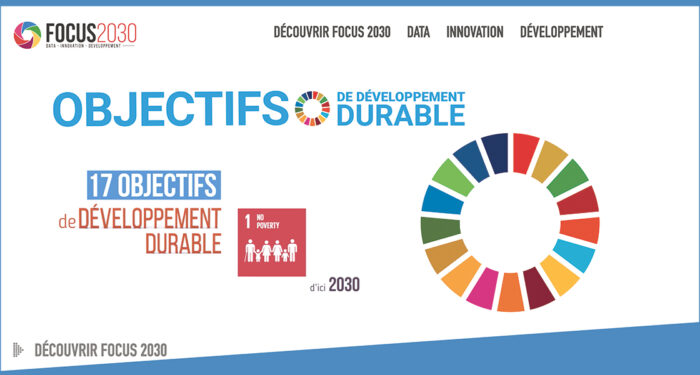This article is the second to come out of the forum devoted, in this issue, to the question of “France between declinism and transition”. With repeated economic and social crises, an ecological crisis and the constraints arising out of the campaign on climate change, France has been up against it for almost half a century and can scarcely put off any longer what has become an inevitable change of its socio-economic model. Is it able to meet this challenge? In the first strand of this forum, Pierre Bonnaure, assessing France’s situation in the light of the “declinist” literature of recent decades, showed how the country is still a long way from overcoming its crisis. In this second strand, Cécile Désaunay stresses, by contrast, the many –often pioneering– initiatives burgeoning in France in the field of the “sharing”, “access” or “circular” economy, which are aimed at setting the country on a path of (ecological) transition.
Drawing on almost a dozen studies that highlight approaches, projects and individuals moving in this direction –and having achieved results– she shows that there are real alternatives to the current socio-economic model. These are very much “bottom-up” initiatives, grassroots projects, local citizen initiatives, the successes of which can be transposed to a wider level and reboot the general economy, while improving the country’s resilience and setting it on the path of transition. But this requires these initiatives to be recognized and actively supported by the public authorities at every level.



